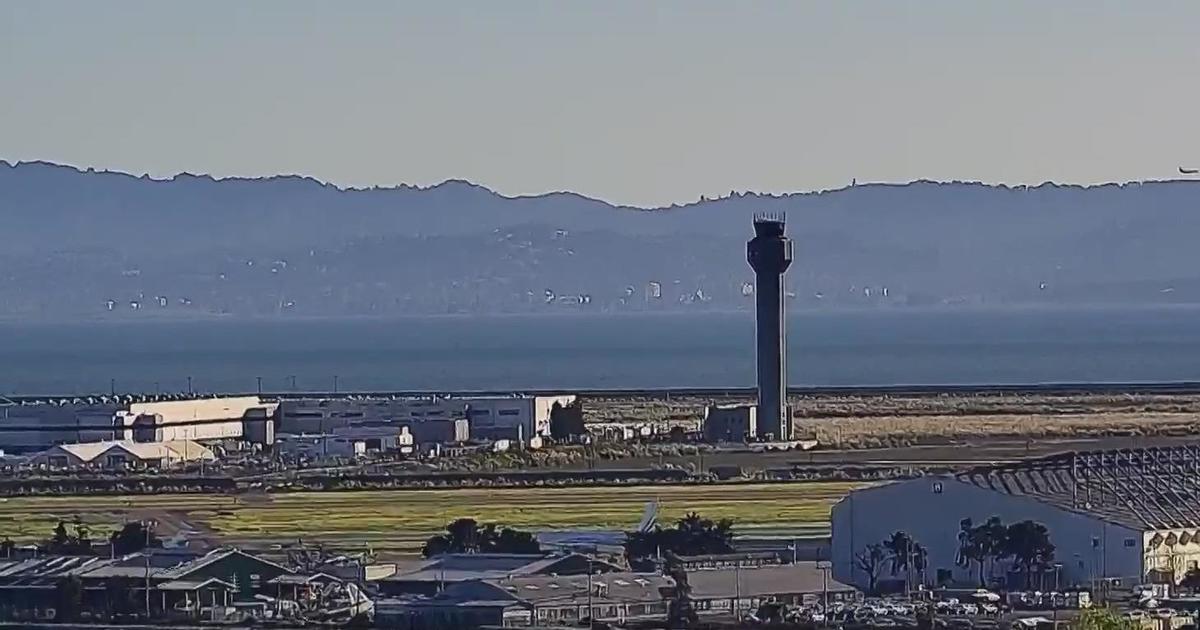Homes To Be Developed On Richmond Toxic Soil Site After Decision To Cover With Concrete Cap
RICHMOND (KPIX 5) -- Last week, the Richmond City Council voted to accept a proposal to build homes on a toxic industrial site without first removing the contaminated soil. Opponents are questioning the reasons for that vote.
Much of the old Campus Bay Business Park along the Richmond waterfront has been locked away behind fences and barbed wire for years because the ground holds so many poisons. The land, owned by drug manufacturer Zeneca, used to be a toxic dumping ground.
Sherry Padgett, a member of the Citizens Advisory Group for the site, says just last year the City Council voted to recommend to the state that the contaminated soil be dug up and removed.
"This last Tuesday, they reversed their decision," Padgett said, "and said, no, leave it here and pour a concrete cover over it with pipes in the foundations of the buildings to vent out the gasses so that humans wouldn't be poisoned, they think."
Developer Shopoff Realty Investments wants to build 4,000 homes on the site and proposes the dirt, which is full of arsenic, toxic metals and chemicals, be sealed under a concrete cap.
Richmond Mayor Tom Butt says he's concerned about the dust that would be stirred up if the soil was removed before construction.
"The main argument for treating it on site is that it was actually less risky than digging it up and hauling to another state somewhere," said Butt.
But there is another issue weighing heavily as well: money. It's estimated that removing the Zeneca site soil could cost more than $130 million and Butt is concerned that developers would consider that a deal-breaker.
"It may cost so much that no developer would ever show up to undertake it," said Butt. "And it would just sit there the way it is for another decade."
But the project could eventually be worth billions and the city has asked for a $52 million "community benefits" payment to help fund city programs and services.
"These community benefit agreements are not, you know, they're not necessarily a payoff for doing something that's less than, you know, less than desirable," said Butt.
But those opposing the deal say it sure feels that way. Once the property is sealed and homes are built, critics say the toxic soil will sit there, slowly leaching into the bay and groundwater.
"What are we going to do then? What?" Padgett asked. "What will we do? How will we correct that problem? So now is the time to make the right decision."
The city council's vote expressed official support for the plan to cap the soil. But the actual approval for such a project rests with the state Department of Toxic Substances Control.



